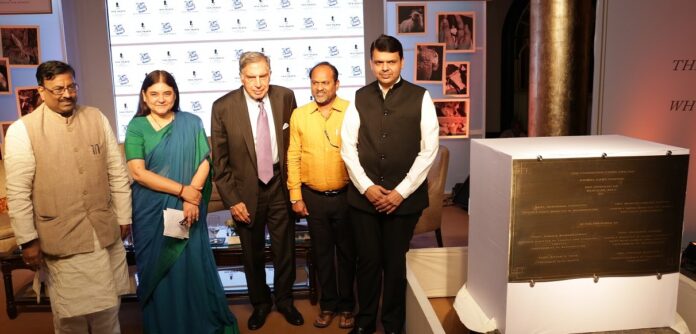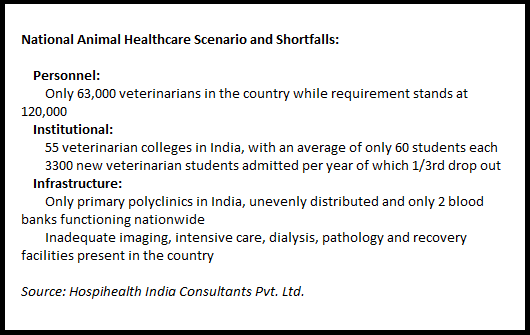It is estimated that there are 20 million commercial sex workers in India, and around 80% of these, i.e. 16 million women, are victims of sex trafficking. This alarming figure begs for people to take notice of growing criminal industry of the trade of human beings, not only in India but throughout the world.
Ruchira Gupta, Indian anti-sex-trafficking activist is the founder of grassroots organisation, Apne Aap Women Worldwide. Apne Aap empowers girls and women to resist and end sex trafficking by organising marginalised women and girls into small self-empowerment groups, where they work collectively to access their legal, social, economic and political rights. The team is founded by 22 courageous women in prostitution, who had a vision for a world where no woman could be bought or sold.
Earlier in the year, World Congress against the Sexual Exploitation of Women and Girls, was organised to abolish prostitution systems. The global movement comprised of representatives from 5 continents and 30 countries.
“The Congress seeks to highlight the vulnerability of the last girl-who is the most vulnerable of all human beings to prostitution because she is a poor, female, teenager, low-caste in India, Black in USA, Indigenous in Australia and Canada, of a minority religion or ethnicity, perhaps a refugee in Africa and Europe, and is therefore preyed upon by traffickers. We are hosting this Congress at a time when a new Trafficking Bill is going to be introduced in Parliament. It must do away the with Section of 8 of the ITPA(The Immoral Traffic (Prevention) Act, 1956), that criminalises women for soliciting in a public place,” said Founder of Apne Aap, Ruchira Gupta.
Addressing the ever pressing need to educate the world about the horrors of human trafficking, Hyderabad based My Choices Foundation has presented ‘Notes to My Father.’ World’s first virtual reality (VR) documentary on sex trafficking and an official entry from India, ‘Notes to My Father’ is set to make its world premiere at the South By Southwest (SXSW) Festival in Austin, Texas.
The film revolves around the story of real life trafficking survivor Ramadevi and her father Kullayappa. It is inspired by discussions and conversations with real life survivors and is a story of love, grief and reconciliation. Ramadevi pens down a letter to her father recounting the horrors of her past in an Indian brothel. Through the touching letter, she reaches out to her father – who unintentionally played a role in his daughter’s trauma – so that they can talk about the past, their pain and hope that her own daughter is saved from a similar fate.
APSA (Association for Promoting Social Action), in alliance with UST Global, has been doing a campaign by conducting street plays, mimes, messages on radio channels and social media. The campaign focuses on spreading awareness at the increasing social evil of trafficking of children, particularly young girls and the impact on the child, family and society.
A street play was recently staged in Jayanagar to help children and their parents understand how young girls are easy targets of trafficking. According to NCRB (National Crime Record Bureau), Bengaluru tops the list in Karnataka, registering the maximum number of missing or kidnapping complaints.
Apne Aap’s survivor activist Fatima Khatoon from Nat community said, “I have a right to live, and my daughter has a right to live and just like other people in the society have a right to live. I asked the mothers in my own community that why should we sell our daughters? Why should we be sold?” In Nat community inter-generational prostitution still prevails.
Jackie Lynne, co-founder Indigenous Women Against Sex Industry, and a survivor of sexual exploitation (Canada), said, “We are not missing, just stolen”.
Thank you for reading the story until the very end. We appreciate the time you have given us. In addition, your thoughts and inputs will genuinely make a difference to us. Please do drop in a line and help us do better.
Regards,
The CSR Journal Team













